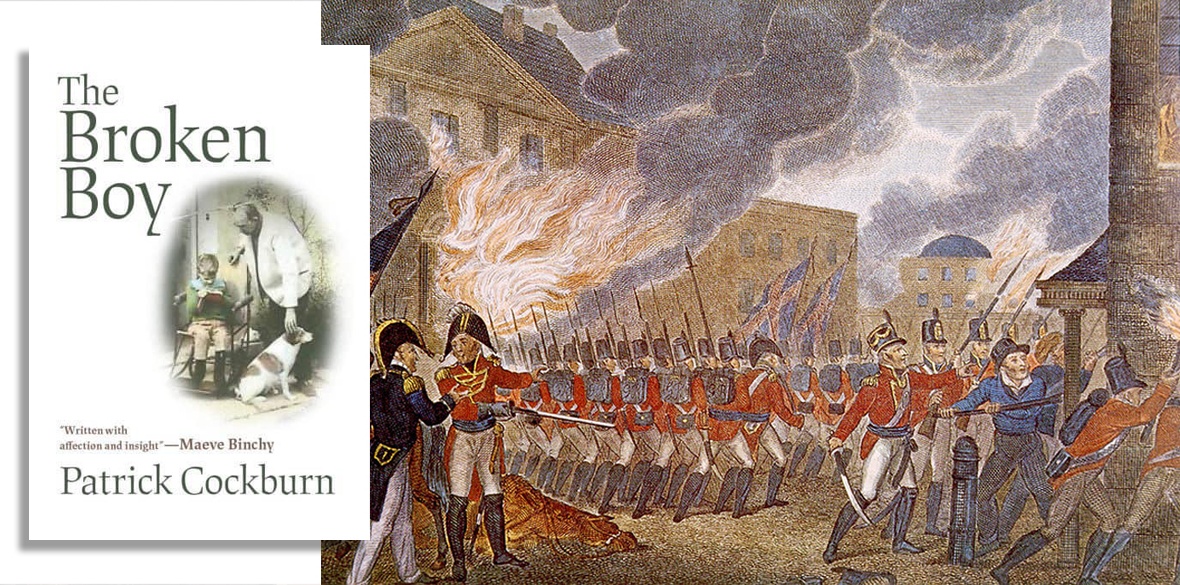This is the last article you can read this month
You can read more article this month
You can read more articles this month
Sorry your limit is up for this month
Reset on:
Please help support the Morning Star by subscribing here
The Broken Boy
by Patrick Cockburn
OR Books, £14.53
PATRICK COCKBURN is well-known as a Middle East war correspondent. He was left with a limp after falling victim as a child to the outbreak of polio in Co Cork in 1956.
His 2005 memoir of the epidemic has been republished, and includes a perspective on Covid gleaned from his observations of the spread and treatment of the “Kent variant” from his home in Canterbury.
His account of polio conveys powerfully the sense of panic and fear among parents, and the traumas suffered by children in isolation hospitals under the care of often insensitive and even cruel nursing staff.
These were exacerbated by the deficiencies of the Irish health system.
He draws many comparisons with Covid but one key contrast. While the spread of Covid maps accurately against poverty and bad housing, 20th-century outbreaks of polio were associated with improvements in sanitation.
Before the 20th century, polio had been endemic: transmitted via the “fecal-oral route,” children were exposed to the polio virus before the age of one and benefitted from the “passive immunity” of the mother.
The disease became epidemic as hygiene standards improved and children were exposed to the virus at an older age.
Cockburn relates too the relief as the oral vaccine (administered on a sugar lump and first tested in 1950 on 10 million children in the Soviet Union) became widely available.
A worldwide eradication initiative reduced cases from over 150 million in 1980 to just 649 in 2021.
Ironically it is now the people in the poorest countries who are most vulnerable, notably Afghanistan, Tajikistan and Nigeria.
Sandwiched between sombre accounts of Covid and polio is a rip-roaring historical romp through the author’s ancestors, especially on his mother’s side.
Patricia (nee Arbuthnot) grew up among the Anglo-Irish ascendancy, who claimed rights going back 800 years and provided leaders of the 19th-century nationalist movement: very different from the Protestant settlers into the 17th-century north.
Her forebears were a feisty, quarrelsome bunch, especially the women, and with a tendency to target members of their immediate family.
Patrick’s father, Claud Cockburn one-time foreign correspondent for the Daily Worker, later described this ancient breed as “a people with a singularly realistic view of politics” who were never “so self-deceived as to suppose that what was good for the Anglo-Irish was good for the Irish peasantry.”
Claud’s own ancestor had burned the White House in 1814. The couple’s shared insights into the British ruling class made them acute observers of the politics of their day.
Patricia has an entry in International Women of Science of 1950, for in the 1930s she conducted two surveys on behalf of the Royal Geographical Society, one of nomadic tribes of Siam (Thailand) and a larger one mapping the languages of tribes in central Africa, the latter when she was 22 years old.
So you get two books in one from this well-told tale.










